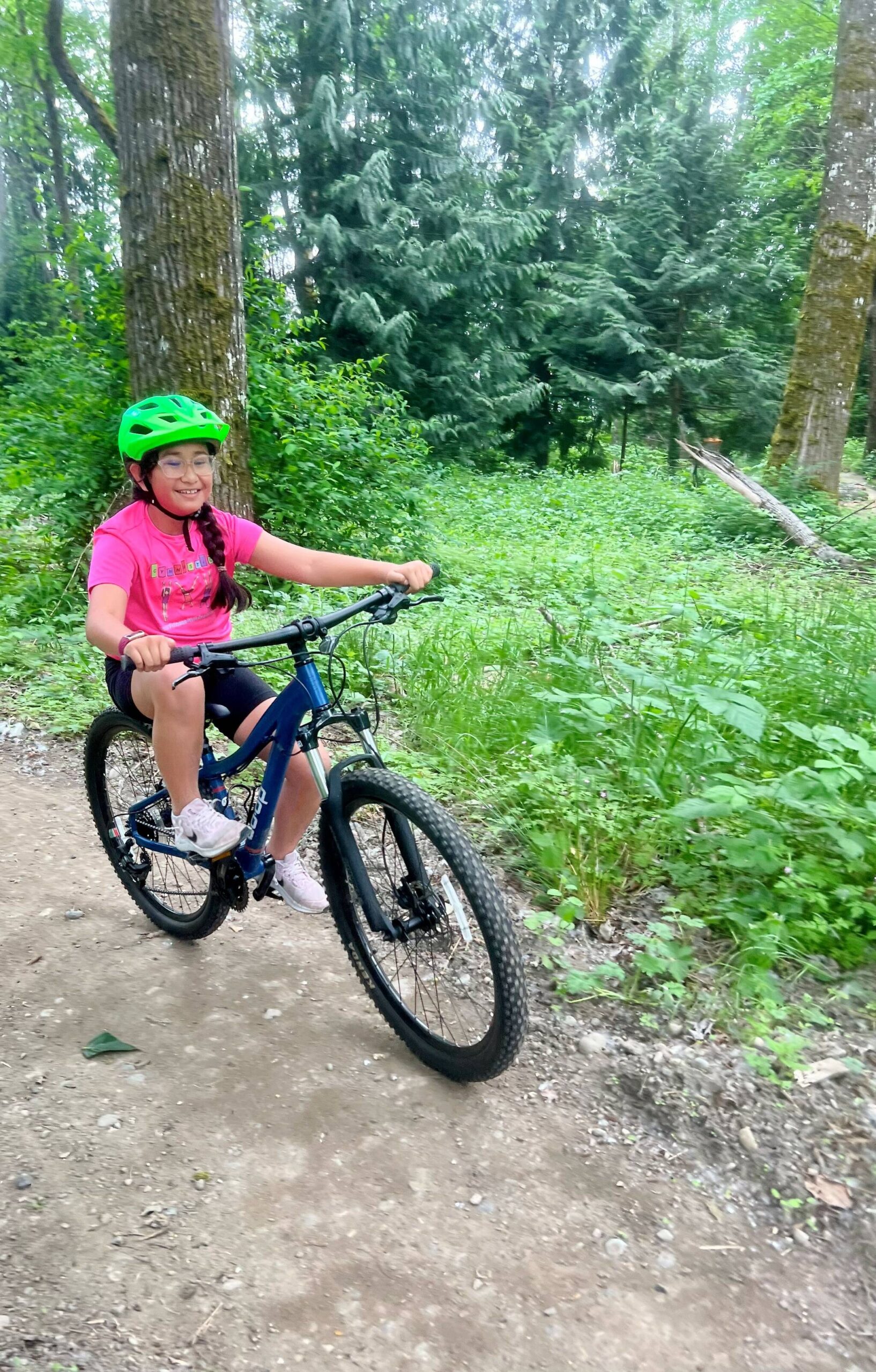If Auburn were ranked on the quality of its bicycle networks, it would appear the city’s network could use some attention.
PeopleForBikes, the U.S. bicycling industry’s trade association and a national advocacy nonprofit, announced the results Tuesday of its seventh annual City Ratings, a comprehensive ranking of cities based on the quality of their bike networks.
For 2023, PeopleForBikes rated 1,484 U.S. cities, the most in program history, up from 1,106 in 2022 and 510 in 2019. Also rated were 224 locations across Europe, Canada and the United Kingdom.
“While cities may differ in their paths to becoming great places to bike, the six SPRINT factors are foundational to building safe, connected, and comfortable bike networks.” said Rebecca Davies, PeopleForBikes’ City Ratings program director. “Every city needs more protected bike lanes, safer intersection crossings, and a modernized approach to street design that works better for everyone, no matter how they choose to travel.”
Here’s how Auburn fared in the seven categories for mid-size cities (having populations of 50,000 to 300,000).
Midsize city ratings average network score: A low score (0-20) indicates a weak bike network, meaning the city lacks safe bike ways or there are gaps in the network. A high score (80-100) indicates that most common destinations are accessible by safe, comfortable bike routes that serve people of all ages and abilities. Auburn received a 24, three points below the average rating of 27.
People: Rates access to parks in parts of mid-size cities city where people live. Auburn scored 28.
Opportunity: Rates access to jobs and schools. Auburn scored 25.
Core services: Rates access to places that serve basic needs, like hospitals and grocery stores. Auburn scored 21.
Recreation: Rates access to recreational amenities like parks and trails. Auburn scored 33.
Access to major shopping centers: Auburn scored 26.
Access to major transit hubs: Auburn scored 12.
Here are the top five cities in this category:
Medium-sized cities: 1. Davis, Calif., 77; 2. Ankeny; Iowa: 74; 3. Berkeley, Calif., 72; 4. Boulder, Colo: 68; and 5. Corvallis, Ore., 63.
For large cities with populations of 300,000 or more, the top five were ranked as follows: 1. Minneapolis, Minn., 68; 2. San Francisco, Calif;: 63; 3. Seattle, Wash., 62; 4. Philadelphia, Penn., 57; and 5. Portland, Ore., 56.
For larger cities, according to PeopleForBikes, a score of 50 is the tipping point to becoming a great place to bike. Based on data from PeopleForBikes’ Bicycle Network Analysis (BNA), high-scoring cities often perform well across six factors captured in the acronym SPRINT: safe speeds, protected bike lanes, reallocated space for biking and walking, intersection treatments, network connections, and trusted data.
New to the City Ratings website for 2023, a city comparison tool allows users to directly compare scores between two cities and compare a city’s score over time. Also included are featured comparisons of top-scoring small, medium and large U.S. cities as well as international cities, highlighting the similarities and differences in what makes a place great for bicycling.
More than just data, PeopleForBikes uses its City Ratings program to benchmark cities’ progress on improving the quality and connectivity of their bike networks as well as establish best practices for city leaders, decision makers, and advocates to identify improvements to be made in their communities.



